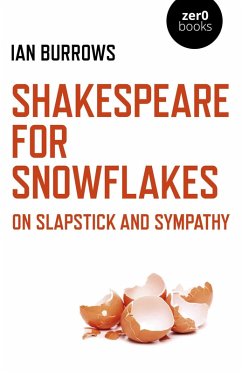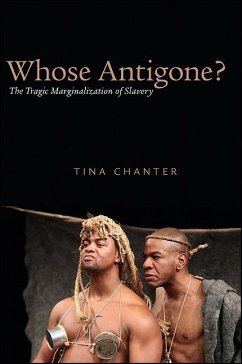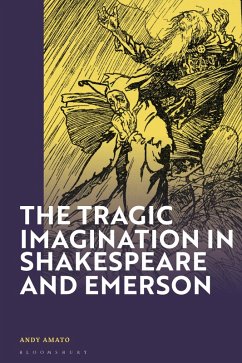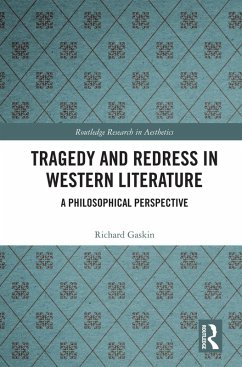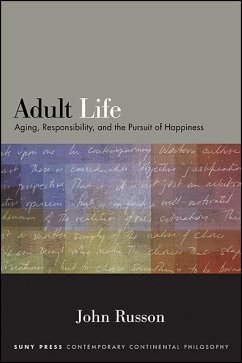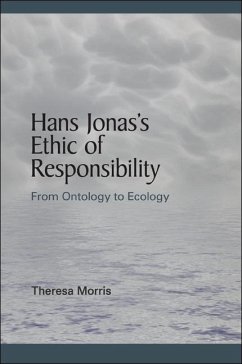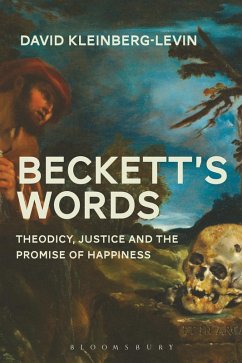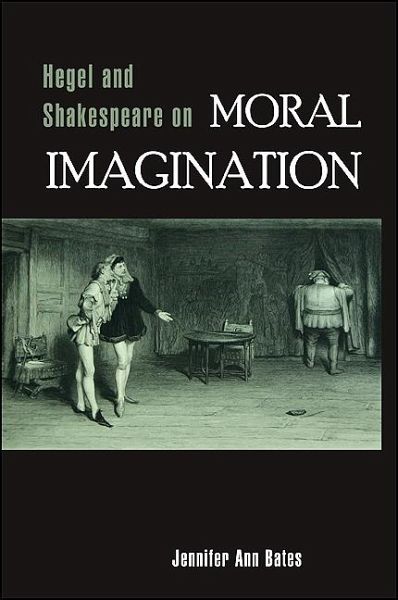
Hegel and Shakespeare on Moral Imagination (eBook, ePUB)
Versandkostenfrei!
Sofort per Download lieferbar
28,95 €
inkl. MwSt.
Weitere Ausgaben:

PAYBACK Punkte
14 °P sammeln!
Study of self-consciousness in Hegel and Shakespeare.In this fascinating book, Jennifer Ann Bates examines shapes of self-consciousness and their roles in the tricky interface between reality and drama. Shakespeare's plots and characters are used to shed light on Hegelian dialectic, and Hegel's philosophical works on art and politics are used to shed light on Shakespeare's dramas. Bates focuses on moral imagination and on how interpretations of drama and history constrain it. For example: how much luck and necessity drive a character's actions? Would Coriolanus be a better example than Antigon...
Study of self-consciousness in Hegel and Shakespeare.
In this fascinating book, Jennifer Ann Bates examines shapes of self-consciousness and their roles in the tricky interface between reality and drama. Shakespeare's plots and characters are used to shed light on Hegelian dialectic, and Hegel's philosophical works on art and politics are used to shed light on Shakespeare's dramas. Bates focuses on moral imagination and on how interpretations of drama and history constrain it. For example: how much luck and necessity drive a character's actions? Would Coriolanus be a better example than Antigone in Hegel's account of the Kinship-State conflict? What disorients us and makes us morally stuck? The sovereign self, the moral pragmatics of wit, and the relationship between law, tragedy, and comedy are among the multifaceted considerations examined in this incisive work. Along the way, Bates traces the development of deleterious concepts such as fate, anti-Aufhebung, crime, evil, and hypocrisy, as well as helpful concepts such as wonder, judgment, forgiveness, and justice
In this fascinating book, Jennifer Ann Bates examines shapes of self-consciousness and their roles in the tricky interface between reality and drama. Shakespeare's plots and characters are used to shed light on Hegelian dialectic, and Hegel's philosophical works on art and politics are used to shed light on Shakespeare's dramas. Bates focuses on moral imagination and on how interpretations of drama and history constrain it. For example: how much luck and necessity drive a character's actions? Would Coriolanus be a better example than Antigone in Hegel's account of the Kinship-State conflict? What disorients us and makes us morally stuck? The sovereign self, the moral pragmatics of wit, and the relationship between law, tragedy, and comedy are among the multifaceted considerations examined in this incisive work. Along the way, Bates traces the development of deleterious concepts such as fate, anti-Aufhebung, crime, evil, and hypocrisy, as well as helpful concepts such as wonder, judgment, forgiveness, and justice
Dieser Download kann aus rechtlichen Gründen nur mit Rechnungsadresse in A, D ausgeliefert werden.




